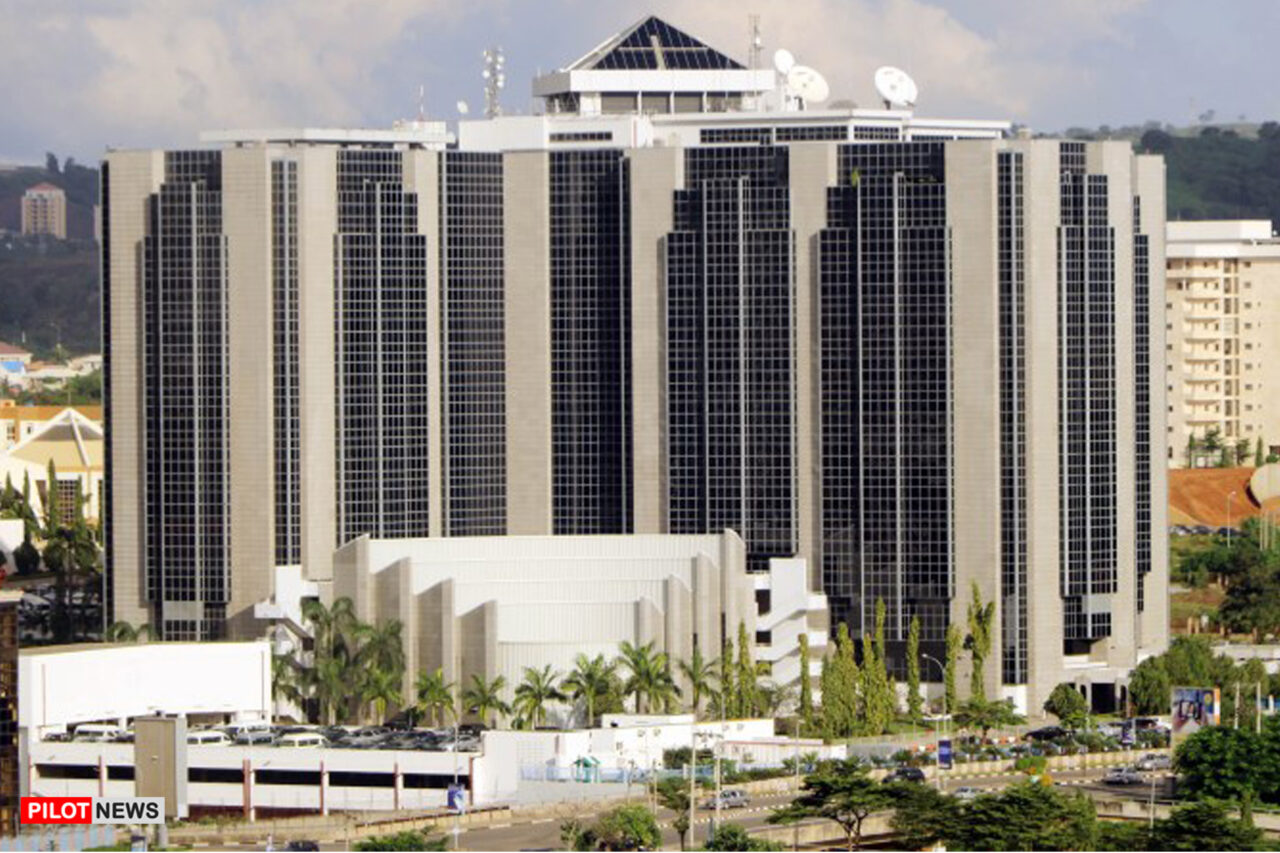The fiscal deficit of the Federal Government rose by ₦208.14bn to ₦620.49bn as of the end of November from ₦421.35bn at the end of October.
This was disclosed in the Central Bank of Nigeria (CBN)’s the monthly economic report for November on Wednesday on the federation account operation.
The report read in part, “At N706.47bn, provisional gross federally collected revenue in November 2020 contracted by 16.6 percent and 19.7 percent, compared with the budget benchmark and the receipt in November 2019.
“It, however, increased by 7.2 percent, relative to the preceding month. The increase was attributed to upticks in both oil and non-oil revenue components.
“Federal Government retained revenue stood at N284.76bn in November 2020, indicating a significant drop of 36.3 percent, relative to its level in the corresponding period of 2019.
“Driven by the rise in personnel and overhead costs, provisional aggregate expenditure rose to N905.26bn from N738.71bn in the preceding period.
“Consequently, the estimated fiscal deficit in November expanded to N620.49bn, relative to N421.35bn recorded in October 2020.
“Total FGN debt outstanding at end-June 2020 was N31.01tn; with domestic and external components accounting for 57.6 percent and 42.4 percent of the total debt stock respectively.”
The CBN monthly economic reports stated that the Federal Government recorded ₦623.83bn, ₦409.4bn and ₦246.8bn fiscal deficits in July, August, and September, and the figure for October was ₦451.22bn.
It added that the federation account revenue increased at ₦535.2bn, relative to its level in the previous month, falling below the benchmark of ₦621.12bn and collected in the corresponding period of 2019 by 13.9 percent and 21.6 percent respectively.
Though gross revenue from both oil and non-oil revenue performed better than the previous month, the increased cash call deduction had an effect on the distributable revenue in November 2020, it stated.
The report stated that the increase in oil revenue in November 2020 was driven by the upturn in receipts from domestic crude/gas sales, which was 280 percent and 6.5 percent above its benchmark and the level in November 2019 respectively due to increased demand, arising from easing lockdowns in many countries.
It added that the growth in non-oil revenue in November 2020 increased by 5.9 percent over the level in October 2020.
However, this was below the benchmark of the budget.
The major driver of the increase in non-oil revenue in November 2020 was the receipts of ₦37.67bn from the collections of stamp duty.
The declined in retained revenue by 10.3 percent and increased in the aggregate expenditure by 22.6 percent (relative to the level in the preceding month), estimated fiscal deficit rose by 49.7 percent and 47.3 percent above the benchmark of the 2020 budget and the level in October 2020 respectively.
The reports attributed the rise in fiscal deficit to the 51.0 percent increase in recurrent expenditure owing to the government’s quest to stimulate aggregate demand to mitigate the impact of the COVID-19 pandemic.


